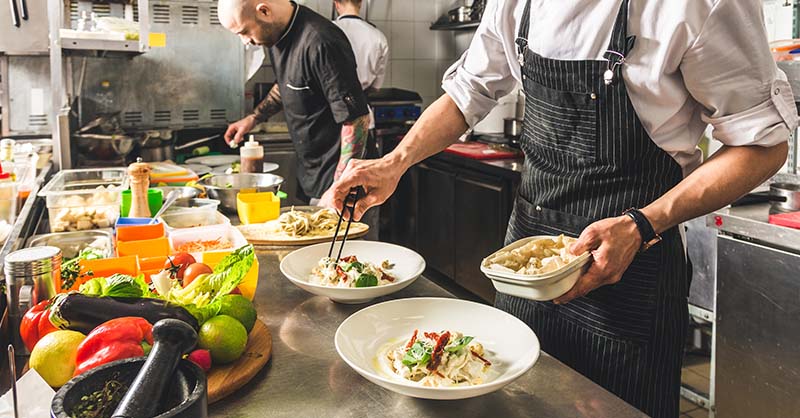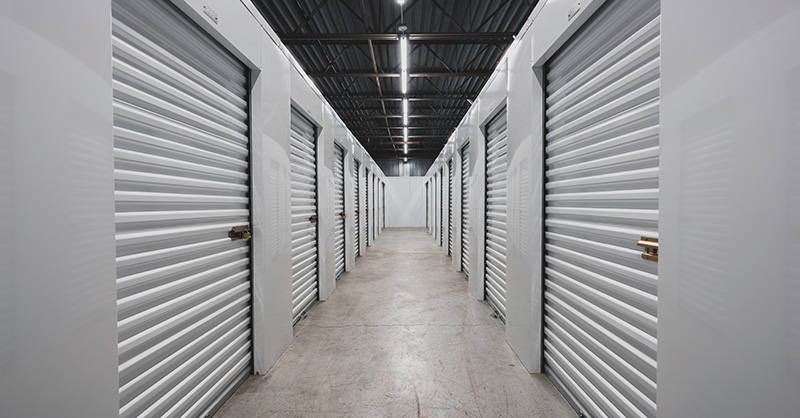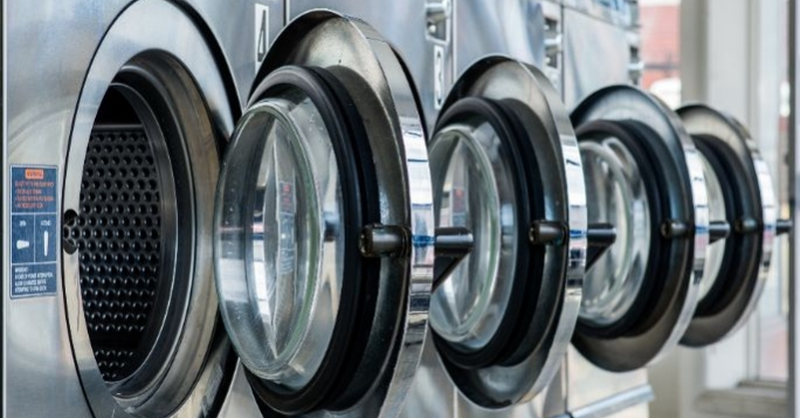Food Safety Tips for the Holidays

For many, the holidays include gathering with others and sharing meals. Unfortunately, improper food preparation, cooking and storage can lead to food poisoning or other food-borne illnesses. If you are a food service organization, this could be especially harmful to the communities you serve. Follow the food safety guidelines below to help everyone have a happy holiday season.
Sanitation and Personal Hygiene
- Always maintain a clean and sanitary kitchen. Conduct periodic cleanings during off-peak hours.
- Maintain personal hygiene.
- Wash hands before and after handling food.
- Prohibit watches, rings and jewelry that are not secured.
- Do not allow employees who are ill to handle, prepare or serve food.
Food Preparation and Safety
- Minimize the time that uncooked food is kept between 40 and 140 degrees. This is known as the ‘Danger Zone’ where bacteria can develop and cause food illnesses.
- Forecast the amount of food needed per shift/day and allow time for staff to prepare the food.
- Use a first-in, first-out system to allow for food to be sent out quickly. This could reduce the amount of time that food sits out.
Safe Cooling and Reheating
- Prepare items before the next service to help eliminate the need for reheating.
- Refrigerate foods immediately when needed.
- All foods should be reheated to an internal temperature of 165 degrees before consumption.
- All foods stored in the refrigerator should be date and time stamped. Inventory should be taken weekly, with all expired foods removed before every meal service.
Additional Loss Control Tips for the Holiday Season
Visit CDC.gov and FDA.gov for more food safety considerations. For additional Loss Control guidance, please visit the Plan & Protect safety hub.
.png?sfvrsn=f41e22b1_1)








